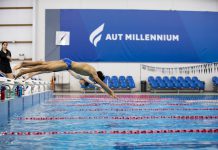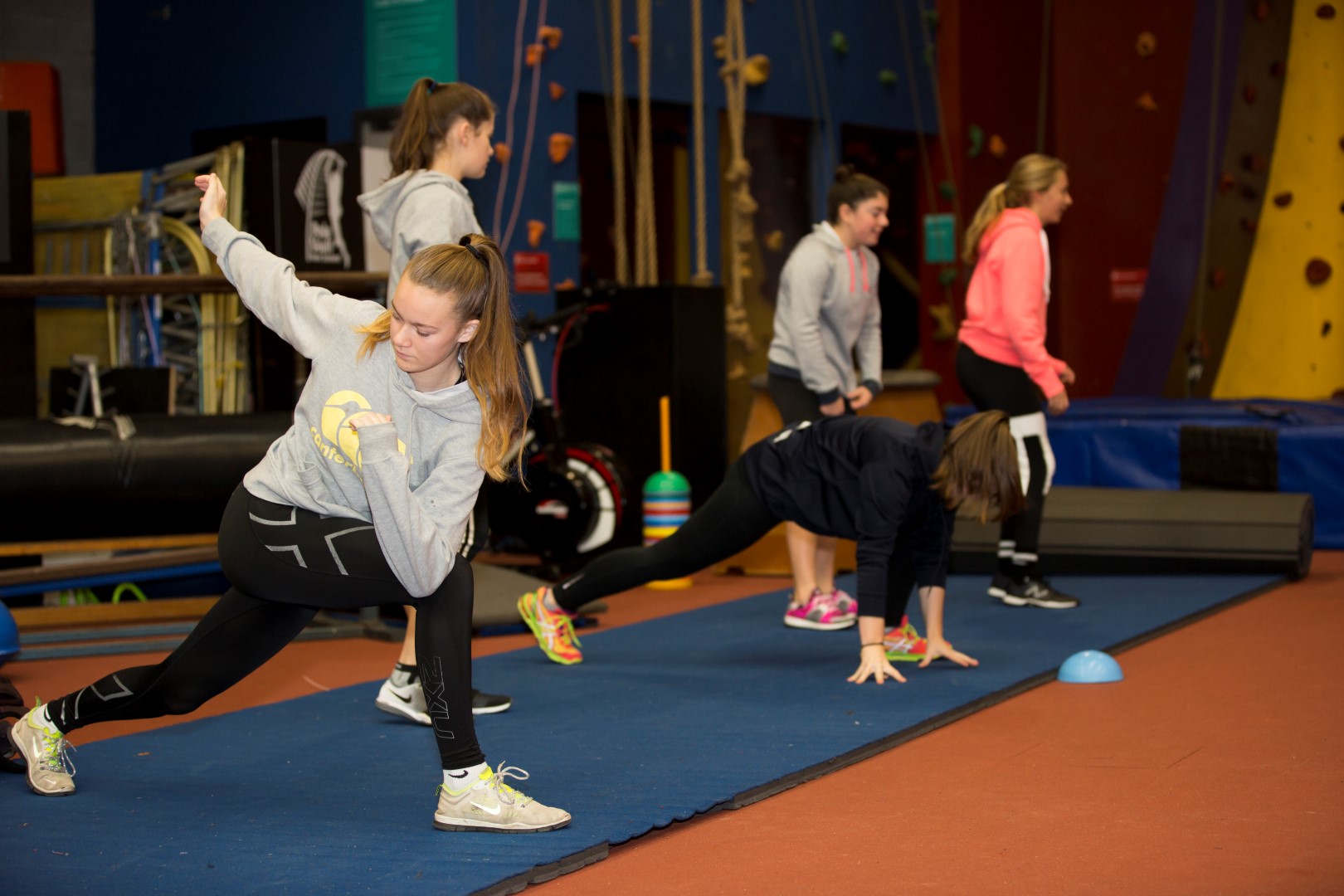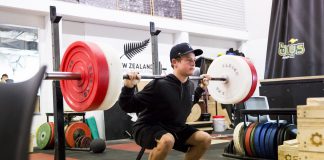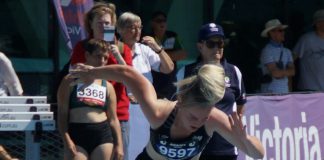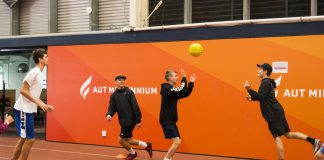Recently I asked a bunch of our young athletes what the most difficult part of their day-to-day lives was. Their overwhelming response was “managing my busy schedule to fit everything in”.
And when you think about it, there’s no wonder. Their lives have never been busier. Not only do they need to negotiate the demands of an ever-increasing training and competition schedule, but they must also cope with many academic and social stresses at school, and do it all during the most hormone-crazed time in their lives. Just thinking about it makes me tired.
With so many opportunities to choose from, deciding to go with one over another is a challenging exercise.
Should I continue with my swimming training, or play soccer with mates? Should I play for school and club, or just one? Should I give up training tonight to get my assignment done? Should I go out with my boyfriend Saturday night when I have an early training the next day?
So what should your child focus on? How do they fit everything in? Or is it even possible?
The great Mahatma Gandhi once said, “action expresses priorities”. Broadly speaking, by making a decision and taking action on something you are deciding to treat one thing as more important than another.
As a parent, I’m sure you can relate to this. You and your child will be faced with difficult decisions around their sport all the time. And so Gandhi’s words become very important to you.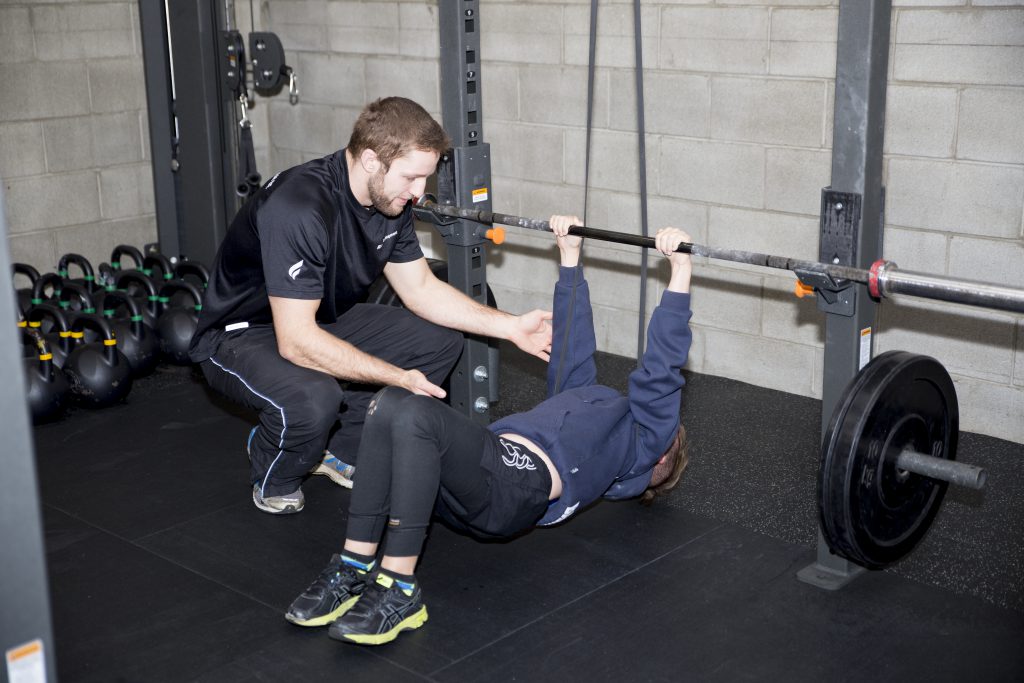
How can you be sure you’re prioritising the right things?
Well, ultimately, you can’t. There are no guarantees as predicting exactly how the future is going to play out is impossible. And you just can’t do everything, at least not without compromising performance.
You can, however, help your child to narrow down the options based on what we know will give them the best chance of achieving success.
Here’s how:
1. Decide what they want
It doesn’t matter what it is, or if they want it next month or in 5 years time. They’re more than likely to change their mind a few times as they grow up anyway. The most important thing is that they decide on something or things they can work towards. Once a decision has been made, and remember it must be their decision, not yours, you can start to build a plan around helping them to accomplish it.
2. Understand what it’s going to take to get there
This is the most important step, but the one most often neglected. Why? Because finding the answers to this question involves real effort.
You must seek out the people who can give you the best answers to your questions.
Doing things based entirely on ‘what you did as a child’, or what your child’s U14 school coach thinks, is not good enough. Don’t get me wrong, your child’s coach will be a valuable source of information to consider, but there’ll always be more to know to help you make the best decision. Best practice in the world of the youth athlete is changing every day. You need to keep up.
Young athletes who go on to be the most successful, whether through good management or good luck (and trust me both do occur), spend time in the best environments for learning. They work to improve specific competencies at the right time in their development that lead to overall improvement. Performance gains in competition are the result of good learning and improving processes. Not the other way around.
3. Prioritise short-term actions based on what you’ve learnt in step 2
Once you understand what it’s actually going to take for your child to reach their future goals, you will be in a much better position to help them to set priorities.
Step 2 in this process is everything. Be resourceful. Ask questions of many different people to help you understand the youth sport environment as best as you possibly can.
I’ll leave you with a few questions for you and you child to consider when deciding what to prioritise.
• How much training can I do before adding more can end up being detrimental to my development?
• Will the things I get selected in a youth team for be the same as I get older and move into elite sport? How should this effect my training focuses now compared to in a few years time?
• Am I doing things to develop all areas required by a top athlete i.e. the technical and tactical elements of the sport, the physical attributes to compete successfully (and prevent injuries), the mental skills to help me cope under pressure, and the social elements that help me build good relationships between my teammates and coaches.













